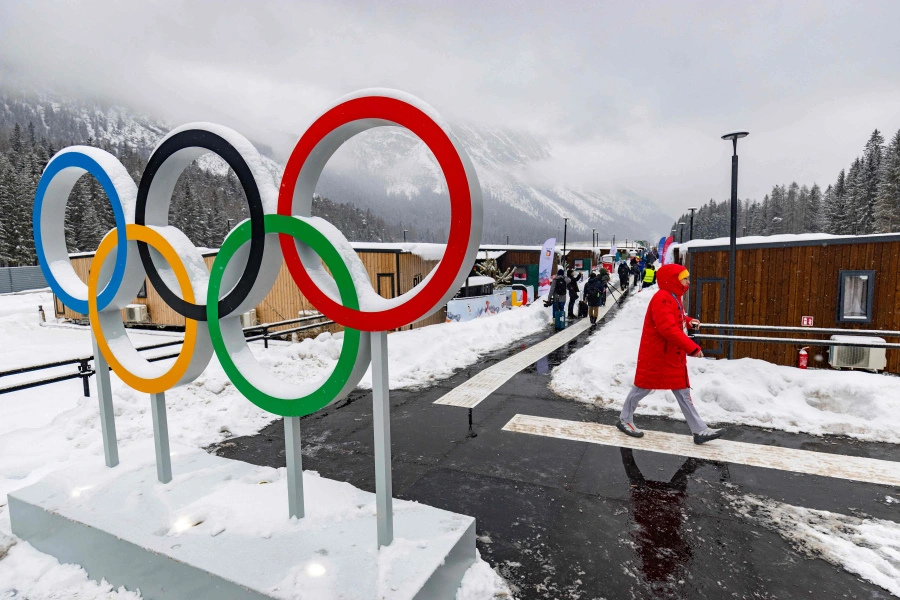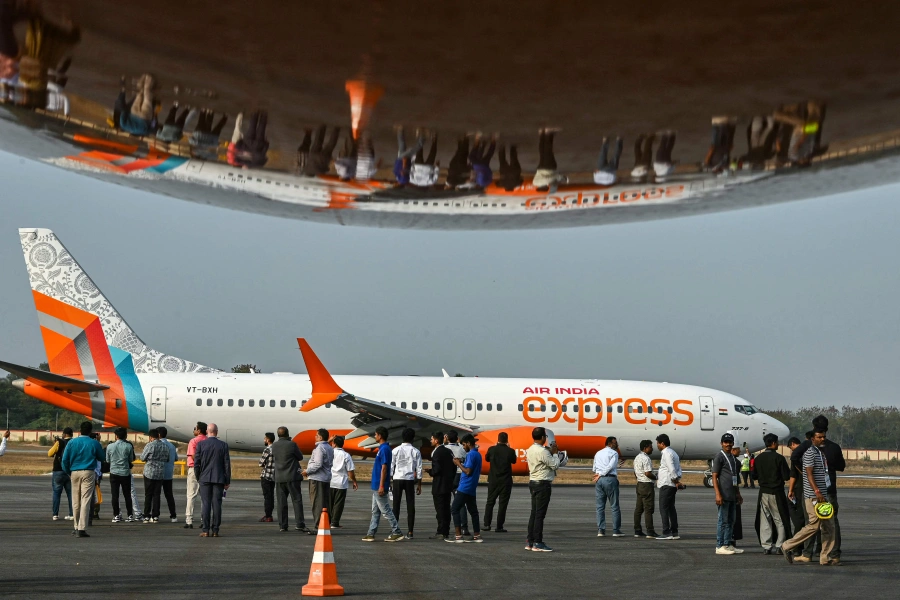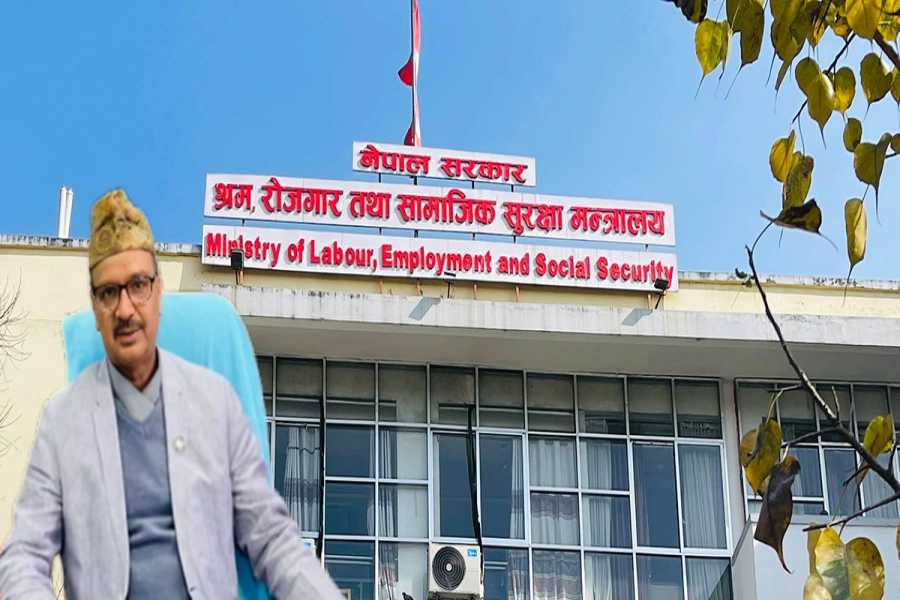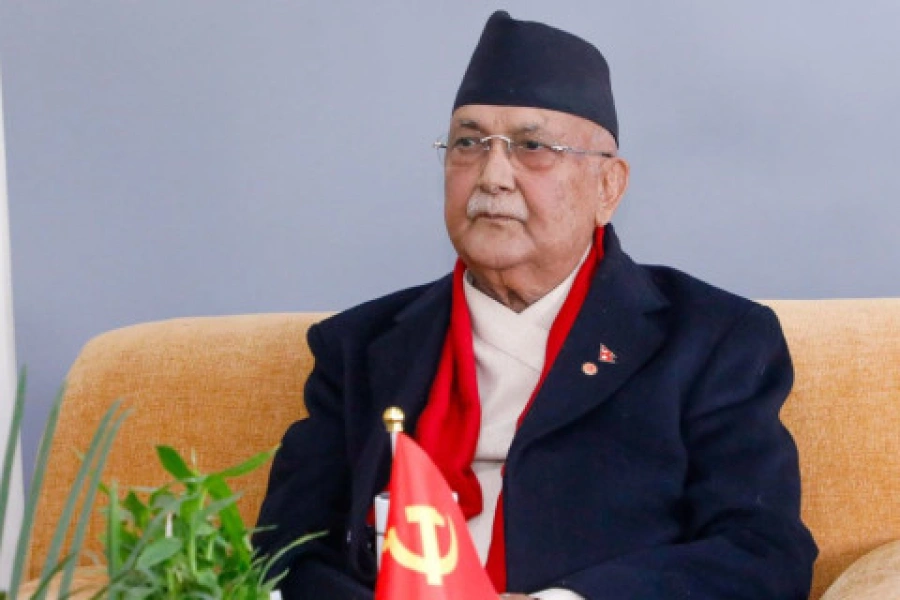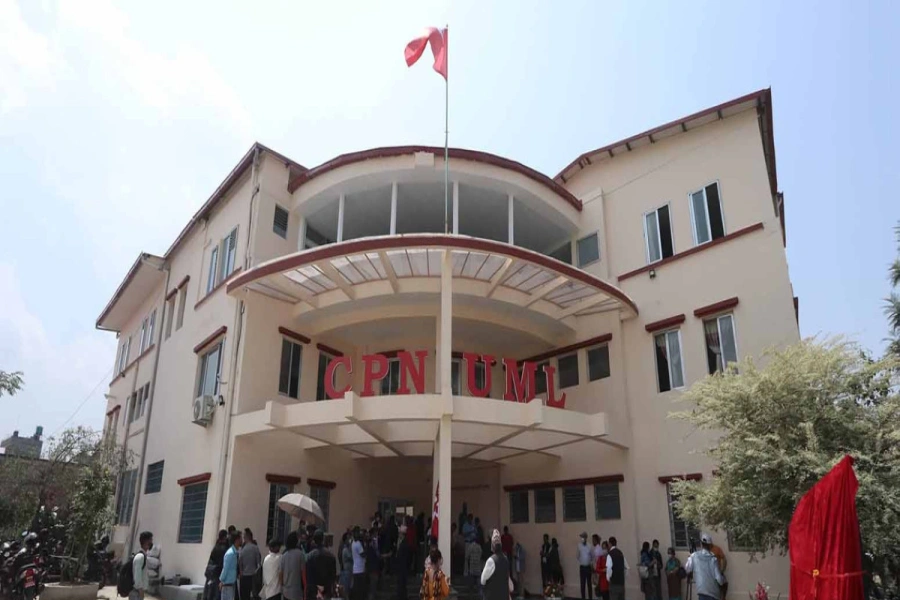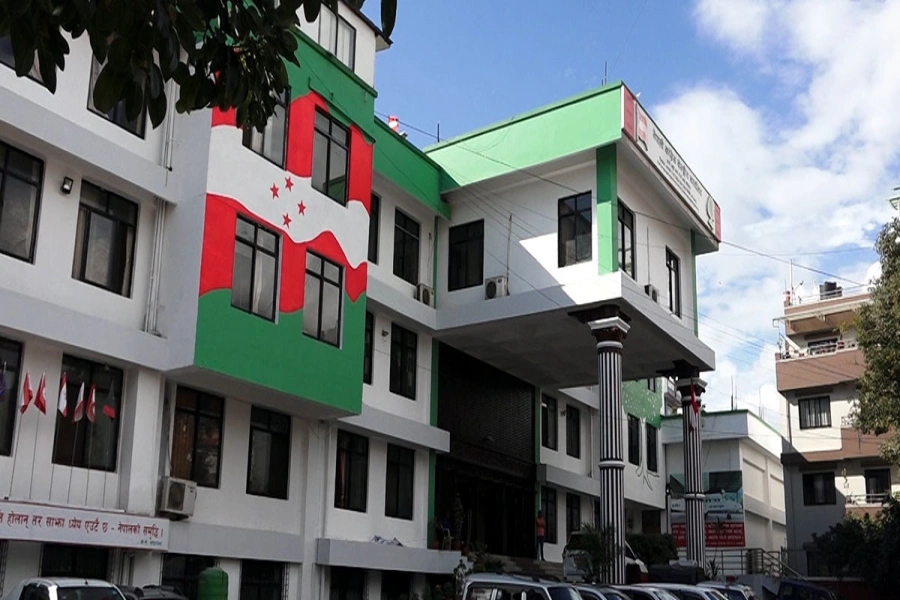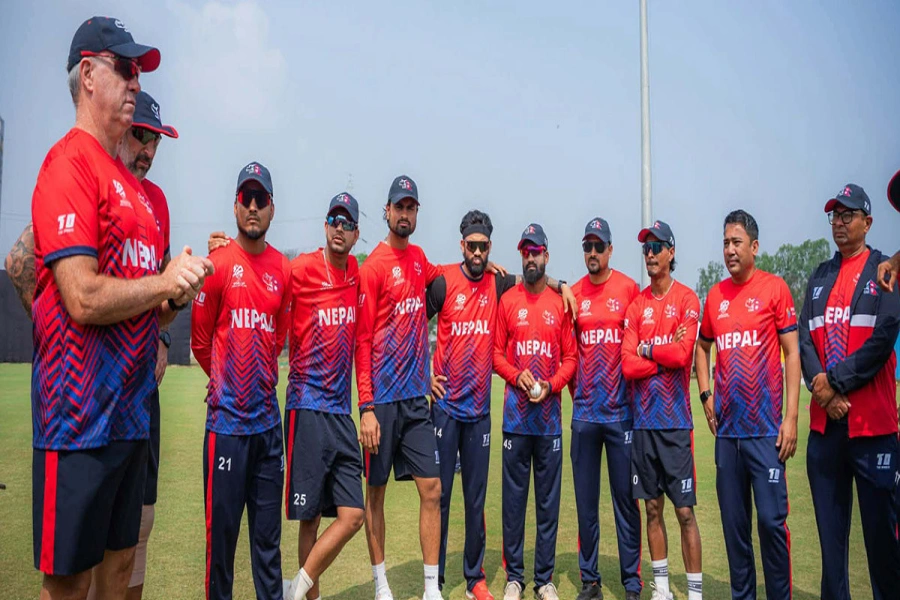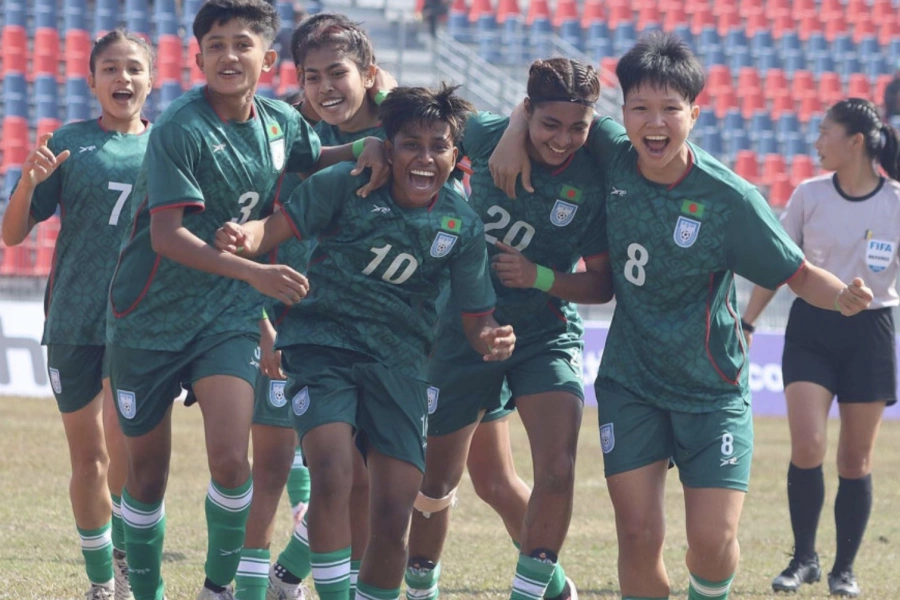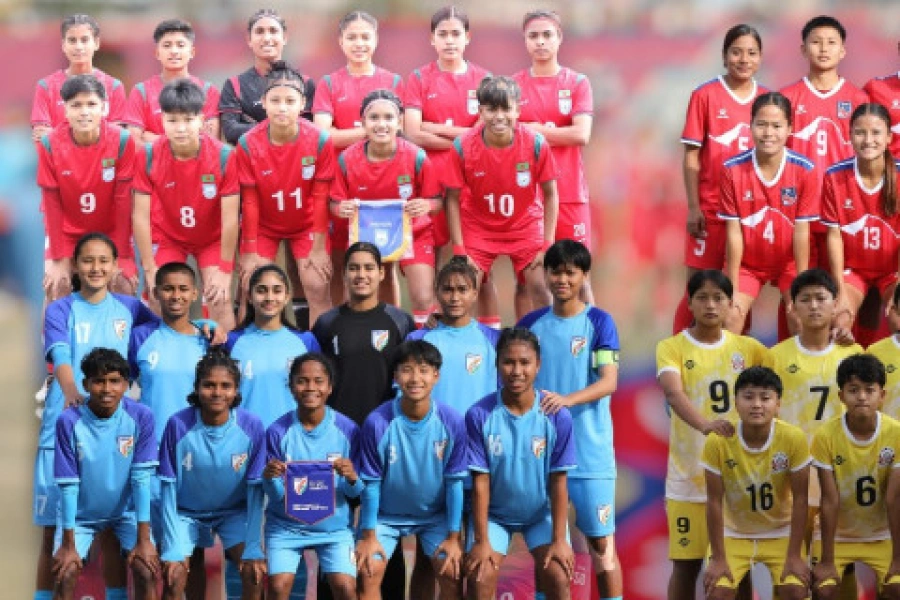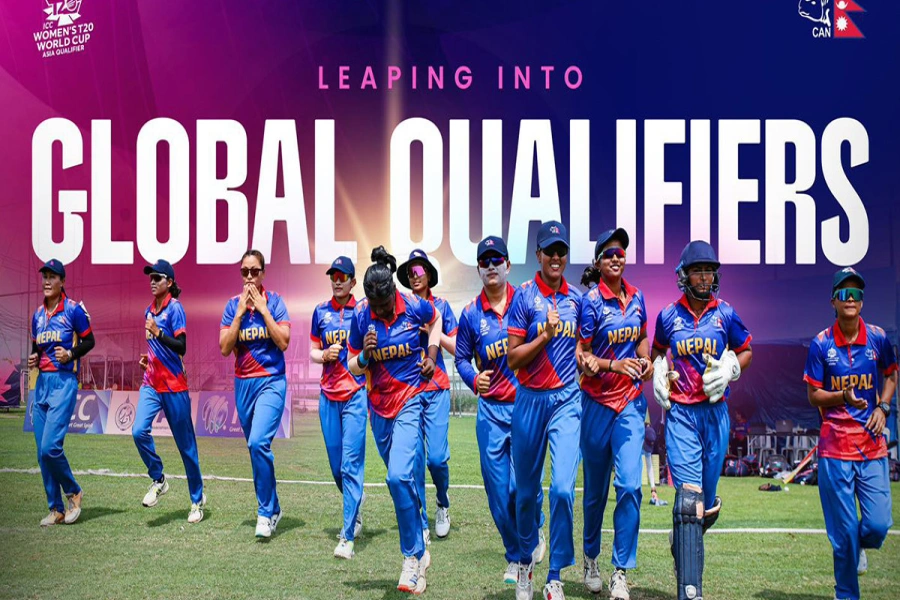A national volunteering award could re-energize the sector and unleash the untapped power of volunteers
Volunteers, of all ages and social backgrounds, have made huge difference in their societies the world over. From natural disasters like the recent earthquake in central Italy where the actions of volunteers resembled the courageous gestures of Nepali citizens in the aftermath of the 2015 earthquakes, to the recently-finished Paralympics games in Rio, the great contribution of volunteers is undisputable. But they are hardly recognized and celebrated.
There are not many countries that have a proper regulatory framework to govern volunteering. While governments are always appreciative of the services provided by volunteers, most fall short when it comes to formally and substantially recognizing and celebrating their achievements.
There are exceptions though. In Canada, the Governor General, the representative of the Queen in the country and the de facto head of state, awards the Sovereign Medal for Volunteers, the highest recognition in the country for volunteers. Australia, a nation with an incredibly high number of volunteers, has a strong and vibrant tradition of celebrating and recognizing works of its volunteers.
Australians invest in “volunteering infrastructure” that offers the highest operating standards to promote and implement volunteer efforts, from legislation to financing. In the UK, you will find the Queen’s Award for Voluntary Service that every year recognizes hundreds of individuals and not-for-profit organizations promoting positive social changes through the mobilization of volunteers.
The American President is also very active through the President’s Volunteer Service Award (PVSA) and the entire administration is supported by a specialized service-promoting agency like the Corporation for National and Community Service, as mandated by legislation. This body facilitates volunteerism throughout the US in partnerships with individual states.
The important aspect of these initiatives is that oftentimes they target small local organizations run by volunteers themselves with zero or very limited overheads rather than the big not-for-profit organizations.
The awards are themselves symbolic: for example in the case of the Queen’s Award for Voluntary Service, the winners get a certificate signed by the Queen and a domed glass crystal.
These countries have a lot to teach developing countries like Nepal, which lag behind in terms of promoting and recognizing volunteering efforts. But to boost the morale of volunteers and celebrate their contributions, you do not need monetary remuneration or financial awards.
Nepal should break the tradition of “allowance dependence” if we want to encourage local volunteers. Volunteers often work unpaid or underpaid, in a clear violation of their rights.
This scenario could change if we try to replicate the examples of volunteerism abroad.
The last big event organized to promote volunteerism in Nepal was during the presidency of Ram Baran Yadav, who released World’s Volunteerism Report (2011) published by UNV, the specialized UN program on volunteerism.
There are plenty of not-for-profit organizations, both national and international, who mobilize volunteers in the country. Establishing a national volunteering award could re-energize the sector and unleash the truly untapped power of volunteers in order to create a more developed and inclusive Nepal.
There are ongoing discussions about such an award in Nepal and hopefully it comes through soon enough. If it does, the initiative could be a watermark for volunteerism here.
The National Development Volunteering Service, NDVS, is the only national program focused on volunteerism, but it has a limited mandate. Its mandate needs to be revisited and strengthened.
UNV, together with other international bilateral and not-for-profits and national organizations, should help the government build a strong national framework supporting volunteering. Private sector should also join the initiative. Start of a volunteering award in Nepal can be the beginning of a new journey to make Nepal a truly service-oriented country.

The author is the Co-Founder of ENGAGE, an NGO that works with youths living with disabilities




